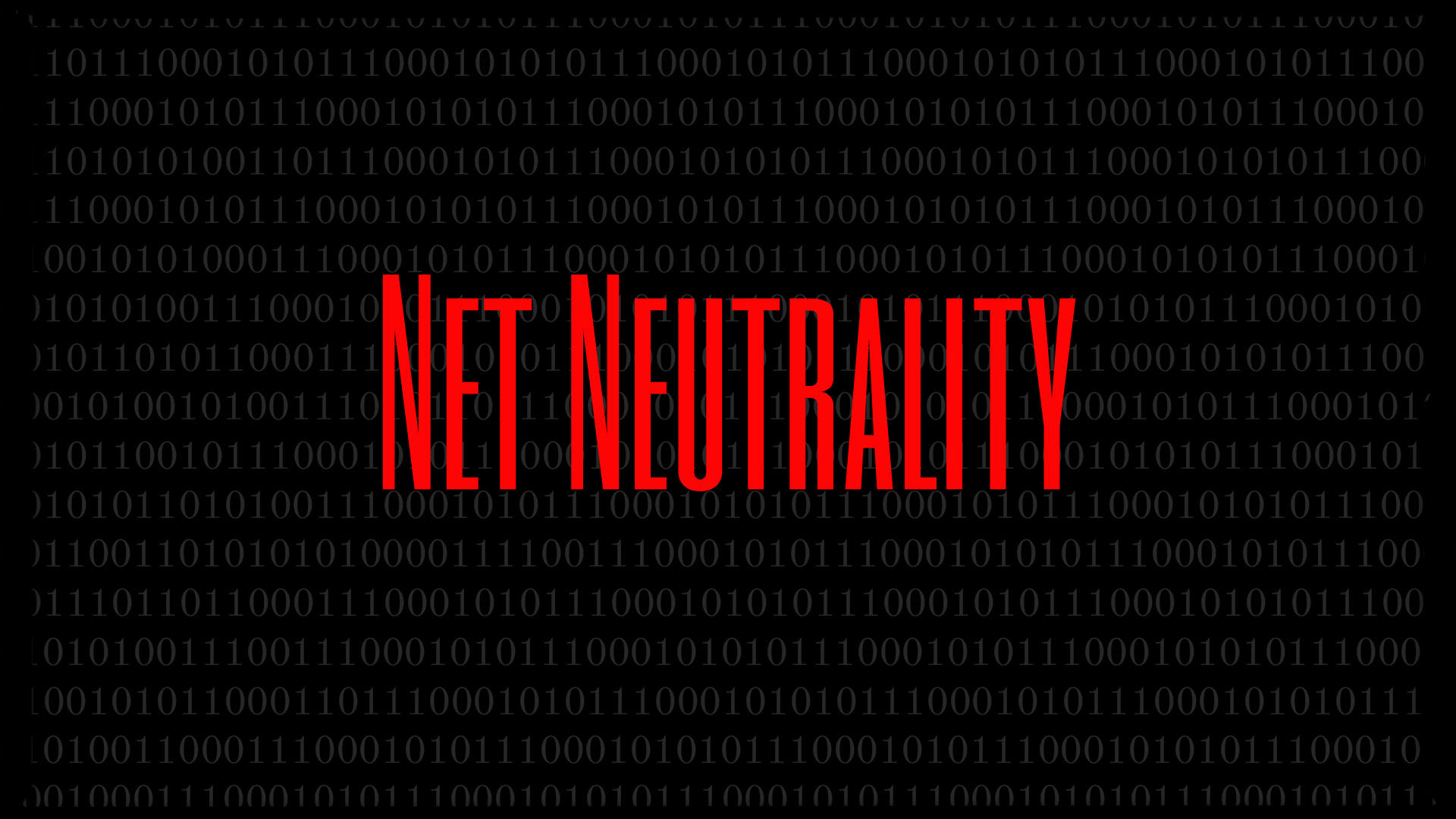Common Cause, OTI: Net Neutrality Remand Deserves NPRM

The smarter way to stay on top of the multichannel video marketplace. Sign up below.
You are now subscribed
Your newsletter sign-up was successful
Common Cause and New America's Open Technology Institute said the FCC is shortchanging the net neutrality issue by not launching a rulemaking looking into the impact of its network neutrality deregulation on public safety, broadband deployment and low-income subsidies.
That came in comments on a federal appeals court's remand of a portion of the FCC's 2017 Restoring Internet Freedom (RIF) Order back to the commission for a better explanation of that impact.
The FCC had issued a public notice seeking comment on those specific issues in a public notice, but the groups said that was not sufficient, particularly given what they argue are the serious negative impacts of the RIF order on all three.
Related: FCC Defends 'Light Touch' Net Neutrality Reg Remake
"The Court’s remand order addresses complex issues that strike at the heart of the Commission’s core Congressional mandates—universal service, broadband competition, and public safety," they said. "These critical issues demand more than a simple, four-page Public Notice. The Commission should give this remand the seriousness it deserves and issue a Notice of Proposed Rulemaking [NPRM]."
They said the point of the court's remand was its admonition to the FCC that it had largely ignored the impact of its decision on those things, so to "rush through" it with a public notice rather than a full review and accounting" does not inspire confidence that the Commission has learned any lessons from the remand.
They said that NRPM process would also give public safety officials more time to weigh in given they were kind of busy at the moment with fighting a pandemic. "The record would be incomplete without their full participation."
The smarter way to stay on top of the multichannel video marketplace. Sign up below.
The FCC earlier this week declined to extend the public notice comment period for a second time--initial comments were due April 20--despite requests by the cities of New York and L.A. and Santa Clara public safety officials, sometime Common Cause and OTI also cited, though the FCC was denying the request at about the same time the commenters were saying it should be granted.
Their bottom line was the RIF order ignored critical issues and created problems for public safety and low-income Lifeline broadband subsidy recipients, they argued, symptoms or the larger problem of its reclassification of internet access from a telecom service to an information service, a course it should now correct.
Contributing editor John Eggerton has been an editor and/or writer on media regulation, legislation and policy for over four decades, including covering the FCC, FTC, Congress, the major media trade associations, and the federal courts. In addition to Multichannel News and Broadcasting + Cable, his work has appeared in Radio World, TV Technology, TV Fax, This Week in Consumer Electronics, Variety and the Encyclopedia Britannica.

